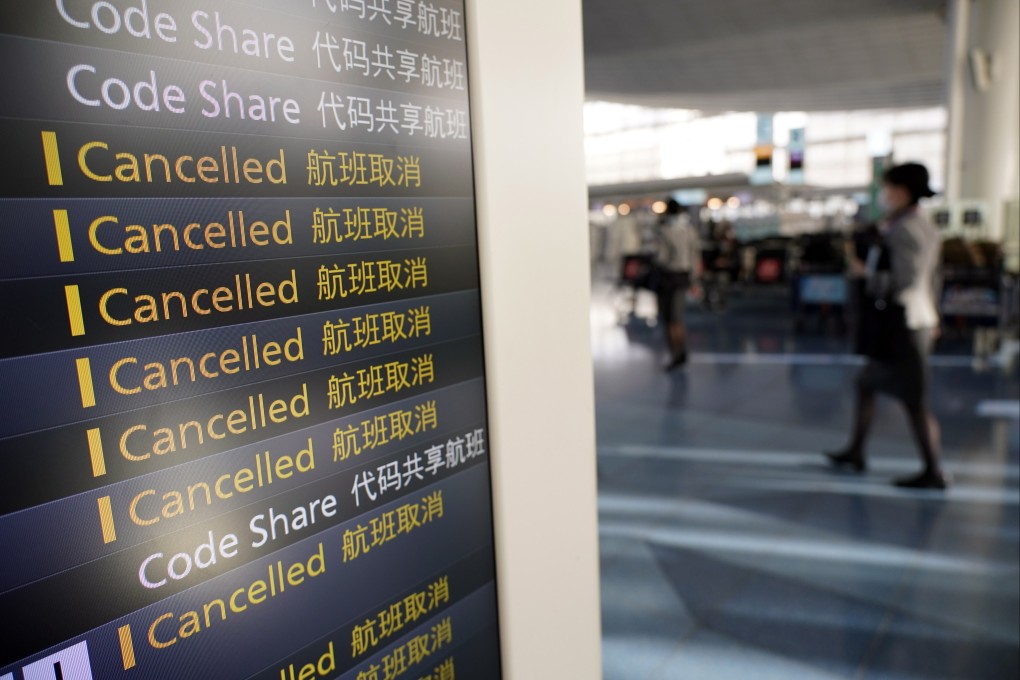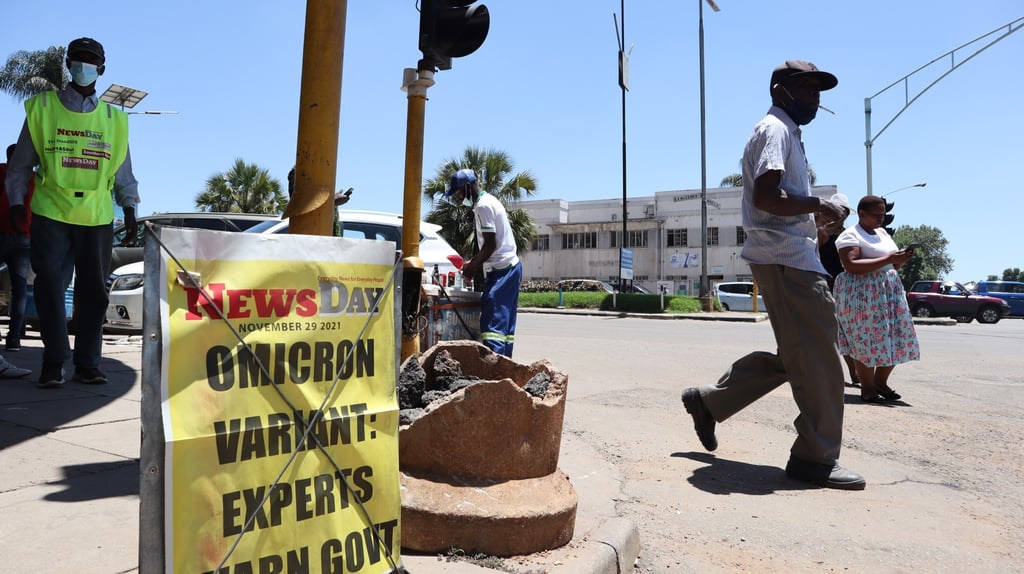Advertisement
Destinations known | Does new Omicron variant justify Hong Kong’s extreme 21-day quarantine?
- A patient who tested positive for Omicron while in quarantine is an apparent win for Hong Kong’s unpopularly long isolation enforcement
- Nevertheless, the city is pressing ahead with the quarantine-free December reopening of its border with mainland China
Reading Time:3 minutes
Why you can trust SCMP
8

The festive period is upon us. In “normal” (read: before coronavirus) times, that would signal peak season for some of Asia’s most popular holiday destinations, many of which have been tentatively removing restrictions and teasing border reopenings to usher in a new era of tourism recovery. Hallelujah!
However, don’t deck the airport arrival halls just yet, because Omicron is here to steal Christmas. We would much rather a traditional lump of coal but instead we are getting a new, heavily mutated and possibly very risky variant of Sars-CoV-2 that has a surprising side effect: it offers justification for Hong Kong’s exceptionally stringent entry measures.
On November 25, two days after Omicron was first identified and before it had been officially designated its Greek letter (the next two in line, Nu and Xi, were discounted), the city became one of the first places in the world to confirm the presence of the strain, in an arrival from South Africa. The 36-year-old patient was undergoing his mandatory 21-day hotel quarantine when he tested positive, so there was no community transmission: a win for Hong Kong’s unpopular isolation enforcement.
Unfortunately, a cross infection did occur at the hotel, though, leading to the city’s second Omicron case and a lot of commotion about the “selfish” mask that was possibly behind the spread of the virus. (If Omicron turns out to be more transmissible than other variants, perhaps that poor little mask might be exonerated.) Quarantine measures have since evolved; Hong Kong residents flying in from specified affected countries are now sent to the Penny’s Bay Quarantine Centre for the first seven of their 21-day sequestration.

Still, Omicron has the World Health Organization, epidemiologists and others very worried. “Given mutations that may confer immune escape potential and possibly transmissibility advantage, the likelihood of potential further spread of Omicron at the global level is very high,” the WHO wrote in a briefing released on November 29.
Advertisement

